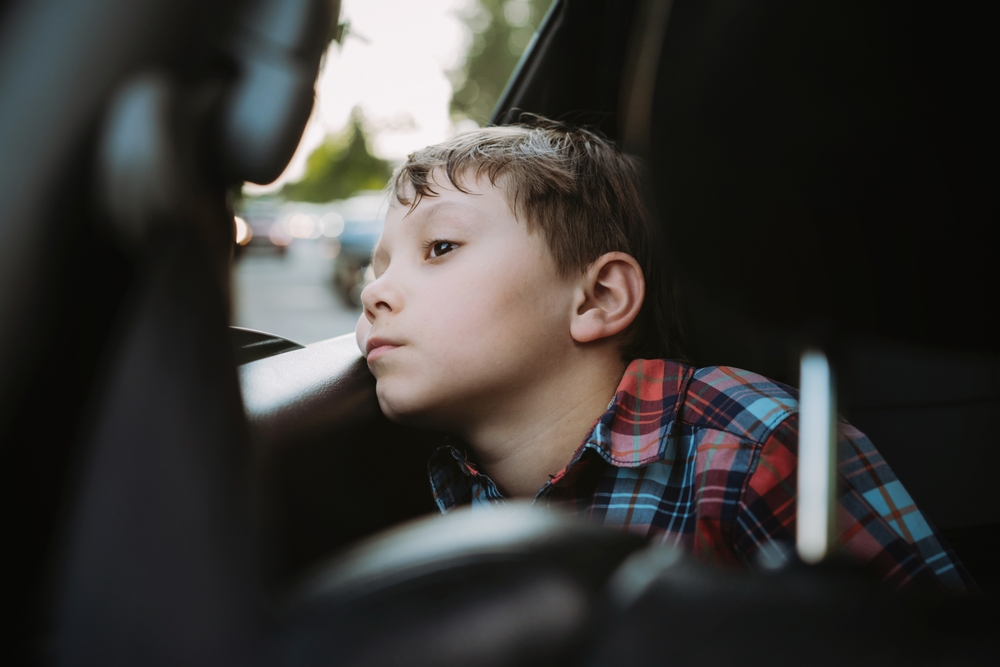
Understanding childhood verbal abuse
Verbal abuse means using negative words and language that cause harm to children. It may take the form of blaming, insulting, belittling, intimidating, demeaning, disrespecting, scolding, frightening, ridiculing, criticising, name-calling or threatening a child.
It’s not just about shouting and screaming. Verbal abuse can also be quiet, insidious and subtle. Tone, volume and facial expression all play a part.
It affects two in five children – that’s two million children experiencing verbal abuse in the UK today, and the number is rising.
A form of emotional or psychological abuse, verbal abuse is commonly used to intimidate, undermine and maintain a level of control and power over a child.
Impact underestimated
While it can be unintentional and unthinking, and a result of stressful lives and situations, for a child it can result in low self-esteem, feelings of shame and guilt, intense humiliation, denigration and extreme fear.
Verbal abuse by adults can affect children’s mental and physical health and development for a lifetime. Beyond low self-esteem and feelings of worthlessness, verbal abuse can lead to anxiety, depression, eating disorders, PTSD, substance abuse, self-harm and even suicidal tendencies.
Power of positive words
All children need compassion, connection, acceptance and love. They need consistency and positive, supportive words to develop trust and emotional security.
A child’s belief in who they are is formed by the opinions of their parents, caregivers and adults in positions of power, such as teachers. When these adults treat them with respect, they can learn to respect themselves.
How we can help:
As parents, carers or people who work with children, we all get overloaded sometimes. And at times like this we need support so we can continue to have good relationships with the children in our lives and be there in the way they’d like. By working together to improve childhood, we all feel the benefit – now and for years to come.
Words Matter have put together some resources, specifically for parents, carers, teachers and adults in general, all designed to help build children up, not knock them down.
Resources:
All of the following resources can be found by clicking HERE.
For all adults
Most hurtful and helpful words for children
Five practical tips for communication with children
Stop, breathe, think, speak
For people with experience of verbal abuse
Support for people with experience of verbal abuse
Help numbers
Support for parents and carers
If you’re going through a tough time, feeling overloaded, are struggling to cope or worried about your behaviour, there are people you can talk to. By asking for help, you will have already made a major step forward: